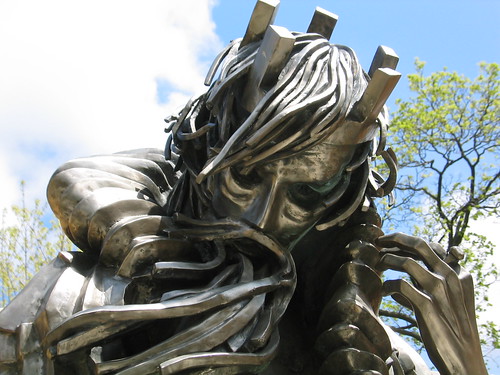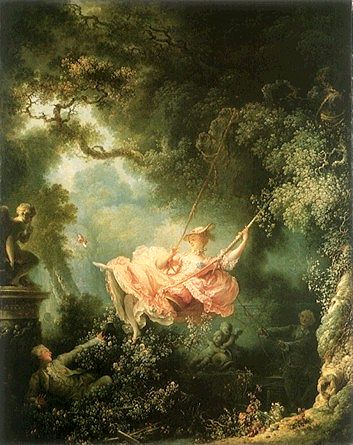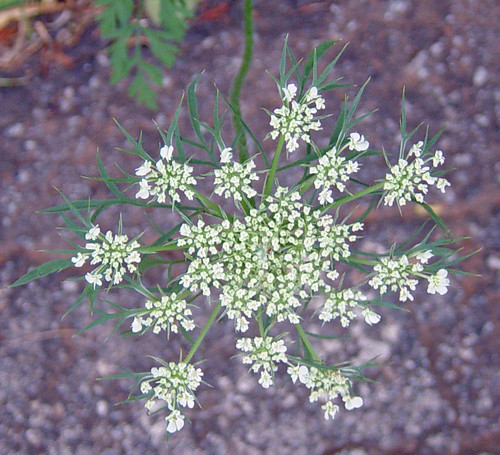1. Senseless Violence Directed toward Natives and the Land (the unknown)
Heart of Darkness: Marlow sees an attack on the natives though he can see no natives.
‘…assuring me most earnestly there was a camp of natives – he called them enemies! – hidden out of sight somewhere.’ (page 15)
Apocalypse Now! Opening Scene
Willard seems to remember an attack on the countryside. As in the scene from Heart of Darkness no enemy is seen but the land, the forest is destroyed.
2.
Heart of Darkness Marlow with the Russian Trade Meets Kurtz
"I could not hear a sound, but through my glasses I saw the thin arm extended commandingly, the lower jaw moving, the eyes of that apparition shining darkly far in its bony head that nodded with grotesque jerks. Kurtz -- Kurtz -- that means short in German -- don't it? Well, the name was as true as everything else in his life -- and death. He looked at least seven feet long. His covering had fallen off, and his body emerged from it pitiful and appalling as from a winding-sheet. I could see the cage of his ribs all astir, the bones of his arm waving. It was as though an animated image of death carved out of old ivory had been shaking its hand with menaces at a motionless crowd of men made of dark and glittering bronze. I saw him open his mouth wide -- it gave him a weirdly voracious aspect, as though he had wanted to swallow all the air, all the earth, all the men before him. A deep voice reached me faintly. He must have been shouting. He fell back suddenly."
The Manager talks to Marlow of Kurtz's "unsound methods"
"The manager came out. He did me the honour to take me under the arm and lead me aside. 'He is very low, very low,' he said. He considered it necessary to sigh, but neglected to be consistently sorrowful. 'We have done all we could for him -- haven't we? But there is no disguising the fact, Mr. Kurtz has done more harm than good to the Company. He did not see the time was not ripe for vigorous action. Cautiously, cautiously -- that's my principle. We must be cautious yet. The district is closed to us for a time. Deplorable! Upon the whole, the trade will suffer. I don't deny there is a remarkable quantity of ivory -- mostly fossil. We must save it, at all events -- but look how precarious the position is -- and why? Because the method is unsound.' 'Do you,' said I, looking at the shore, 'call it "unsound method?"' 'Without doubt,' he exclaimed hotly. 'Don't you?' . . . 'No method at all,' I murmured after a while. 'Exactly,' he exulted. 'I anticipated this. Shows a complete want of judgment. It is my duty to point it out in the proper quarter.' 'Oh,' said I, 'that fellow -- what's his name? -- the brickmaker, will make a readable report for you.' He appeared confounded for a moment. It seemed to me I had never breathed an atmosphere so vile, and I turned mentally to Kurtz for relief -- positively for relief. 'Nevertheless I think Mr. Kurtz is a remarkable man,' I said with emphasis. He started, dropped on me a heavy glance, said very quietly, 'he WAS,' and turned his back on me. My hour of favour was over; I found myself lumped along with Kurtz as a partisan of methods for which the time was not ripe: I was unsound! Ah! but it was something to have at least a choice of nightmares.
Apocalypse now Willard [Marlow] meets Kurtz who speaks of the beauty of gardenias, asks if Willard thinks his "methods" are "unsound," and says Williard was sent by "grocery clerks to collect a bill" (an allusion to the Manager?)
3.
Kurtz reads "Hollow Man" by T.S. Eliot (the epigraph to this poem is taken from Heart of Darkness: "Mistah Kurtz, he dead") while the Photojournalist [an ambivalent admirer of Kurtz like the Russian trader in the novel] talks with Willard [Marlow]
4.
"The Horror! The Horror!" spoken by Kurtz in the novel and the film but in different contexts
Heart of Darkness
"Anything approaching the change that came over his features I have never seen before, and hope never to see again. Oh, I wasn't touched. I was fascinated. It was as though a veil had been rent. I saw on that ivory face the expression of sombre pride, of ruthless power, of craven terror -- of an intense and hopeless despair. Did he live his life again in every detail of desire, temptation, and surrender during that supreme moment of complete knowledge? He cried in a whisper at some image, at some vision -- he cried out twice, a cry that was no more than a breath:
"'The horror! The horror!'
"I blew the candle out and left the cabin. The pilgrims were dining in the mess-room, and I took my place opposite the manager, who lifted his eyes to give me a questioning glance, which I successfully ignored. He leaned back, serene, with that peculiar smile of his sealing the unexpressed depths of his meanness. A continuous shower of small flies streamed upon the lamp, upon the cloth, upon our hands and faces. Suddenly the manager's boy put his insolent black head in the doorway, and said in a tone of scathing contempt.
"'Mistah Kurtz -- he dead.'
Apocalypse Now!Note: The violence Kurtz describes here might recall the heads on sticks in Heart of Darkness, which also seems to have inspired Golding's Lord of the Flies (sow's head on a stick) and the stick sharpened at both ends intended for Ralph.
5.
Whereas in the novel Kurtz declines in the film Willard (Marlow) kills him.
Heart of Darkness
"The shade of the original Kurtz frequented the bedside of the hollow sham, whose fate it was to be buried presently in the mould of primeval earth. But both the diabolic love and the unearthly hate of the mysteries it had penetrated fought for the possession of that soul satiated with primitive emotions, avid of lying fame, of sham distinction, of all the appearances of success and power.
"Sometimes he was contemptibly childish. He desired to have kings meet him at railway-stations on his return from some ghastly Nowhere, where he intended to accomplish great things."
Apocalypse Now!








No comments:
Post a Comment